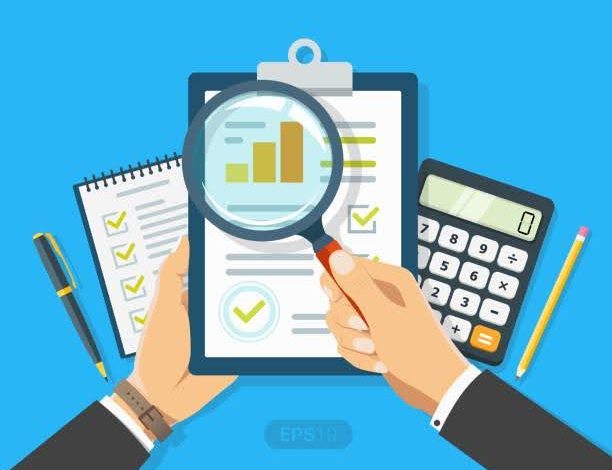Regulate KYC Documents for the Bank for Smooth Financial Transactions

Fortifying financial transactions through regulatory measures is mandatory in ensuring the integrity and security of the banking sector. One such crucial regulatory aspect is the Know Your Customer (KYC) framework, which requires the verification of customer identities and the collection of pertinent documents. In Japan, the electronic KYC (eKYC) and identity verification solution market have grown substantially, with the sales value estimated at approximately ¥6.9 billion in fiscal year 2022. The market is poised for significant expansion, with projections indicating a surge to nearly $19.8 billion by 2026. The increasing adoption of eKYC services by various financial institutions, including regional banks, fuels this growth trajectory. This factor highlights the industry’s recognition of the critical role played by effective KYC processes in fortifying financial transactions.
Understanding KYC: Processes and Operations Explained
The verification of documents helps adhere to the AML legislations proposed by the banking departments, and KYC documents play an essential role in this regard. In the United States, financial corporations ensure compliance with the mandatory requirements of the Customer Identification Program (CIP), Customer Due Diligence (CDD), and Enhanced Due Diligence (EDD) as proposed in the Patriot Act.
Basic KYC Standards and Necessities: CIP, CDD, and EDD
CIP
The customer identification program is the first step in KYC standards, and it ensures the authenticity of the onboarded customers. During the account setup or onboarding processes, entities use KYC procedures to verify the identity of the individual registering to ensure that their claimed identity is valid.
CDD and EDD
Customer and enhanced due diligence are conducted after verifying users and acquiring additional credentials for the complete verification process. After a user or customer has their identity confirmed, organizations must conduct customer due diligence by gathering extra credentials and conducting a more thorough assessment of their profile. It aims to detect any suspicious activity or potential risk indicators.
Continuous Surveillance
Given that customer details can evolve, it is crucial to implement continuous monitoring protocols to maintain account security and uphold organizational compliance.
Required KYC Documents for Banks
Suitable identity validation protocols defined in the legislation differ around the world. Usually, banks acquire identity documents to authenticate the user’s presence and confirm the applicant’s individuality. Financial institutions also require address verification credentials depending on the amenities they are demanding. Government-issued identity card authentication and extra address proof credentials such as utility bills and bank statements are all the major components of the KYC documents for banks when hiring a new consumer.
Some ventures require two kinds of KYC documents, which include identity credentials and proof of address:
Identity Credentials
Verifying documents using identity credentials is the most validated way of finding someone’s authenticity. Some of the defined identity credentials are given below:
- Passport
- Social Security Card
- Driver’s License
- Voter ID Card
Proof of Address
Document verification of address proof gives the validity of the user’s current location:
- Lease agreements for home
- Bills for water, electricity, etc.
- Record of money in the bank
- A paper from the government or a legal person that says where you live
- Bills for repairs or upkeep
Additional Credentials
- Recent pay slips
- Paper showing bank money
- Tax papers
Final Verdict
KYC document for the bank is the complete checklist predefined by the government institutes. Which assists in verifying identities and combating the potential risks of money laundering and terror funding. Criminals execute these potential crimes by creating fake financial accounts and conducting illegal transactions. To fortify financial transactions, organizations must validate the complete KYC checklist to identify and report any chances of money loss to the relevant departments.









